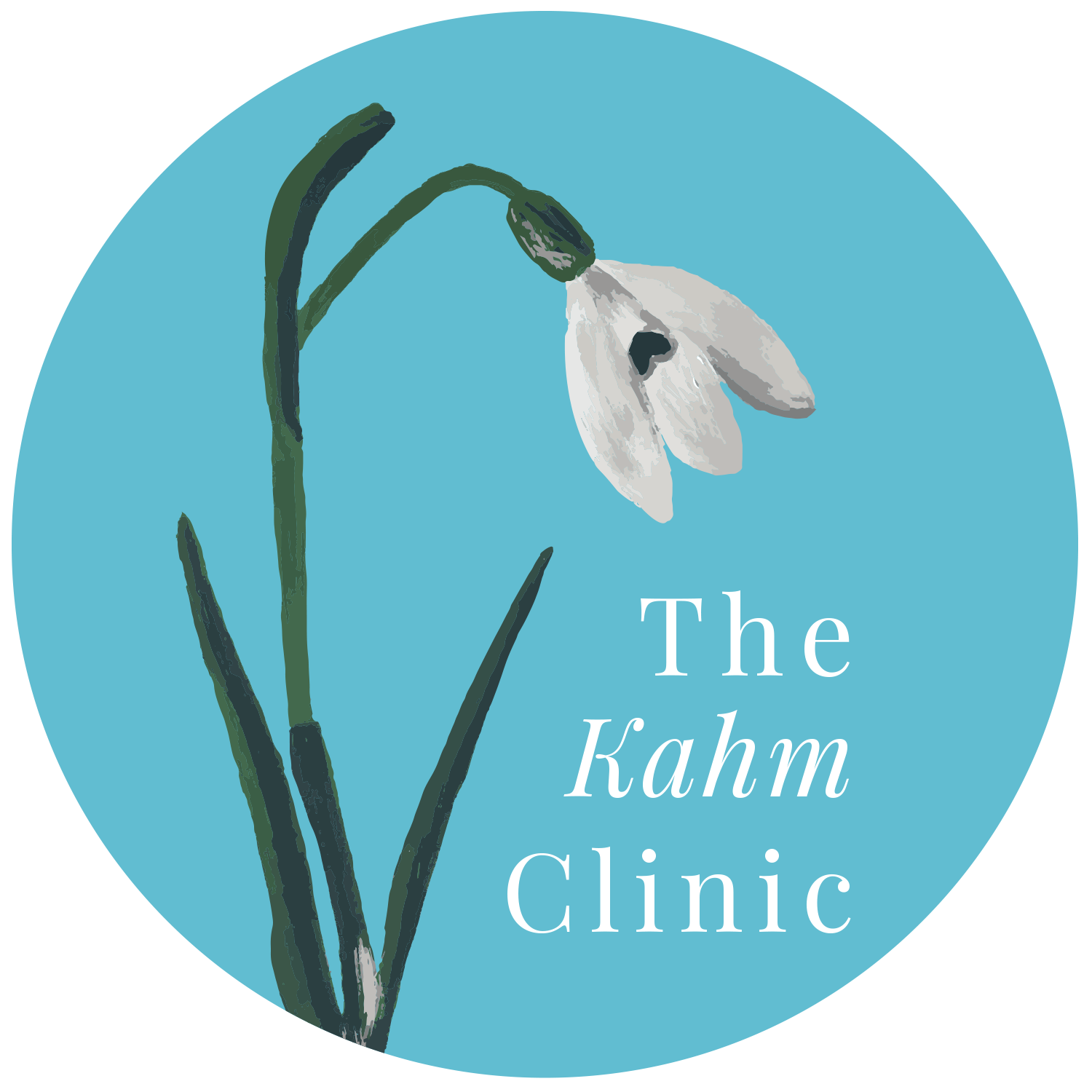The Truth About Inflammation and Inflammatory Foods
As the new year begins, many of you may have a renewed focus on healthy eating. If you’ve done any research as you try to improve your diet, chances are, you’ve come across the topic of inflammation or, more specifically, inflammatory foods. You often hear that a certain food or ingredient causes inflammation, but you might wonder what that means or if it’s even possible. You’re not alone: Nutritionist Elaina Efird, RDN, CD, CEDRD, CSSD recently surveyed her TikTok followers, and most people were unsure too.
In today’s blog post, we want to unravel the confusion around inflammation and inflammatory foods and reveal the truth.
Let’s start by defining inflammation.
In a recent YouTube video, Elaina (accompanied by her dog Freya!) discusses both acute and chronic inflammation.
Acute inflammation is the body’s response to sudden damage, like cutting your finger. To heal the cut, your body sends inflammatory cells to the injury. These cells begin the healing process. During this time, you’ll see a red, inflamed area on your skin that may be sensitive to the touch.
Chronic inflammation is when your body continues sending inflammatory cells even when there is no outside danger or trauma. It is often caused by a disease or chronic condition, such as:
Autoimmune disorders, like Lupus
Alzheimer’s disease
Rheumatoid arthritis (RA)
Cancer
Heart disease
Type 2 diabetes
How can you measure inflammation?
The most common way to assess inflammation is with blood work. If you have chronic inflammation, you’ll likely see inflammatory markers like higher C-reactive protein (CRP) levels and a higher white blood cell count. With this thought in mind, it’s important to note that there is no single food or ingredient that causes these two spikes to show up in your blood work results.
There is some research in rats that suggests that trans fats may cause an increase in CRP. However, when you take a closer look at these studies, you’ll see that it’s more likely that trans fat causes atherosclerosis (clogged arteries) or heart disease, which then leads to inflammation. In other words, the food or ingredient leads to a disease and that disease causes the inflammation.
Does a well-balanced diet matter then?
Even though food doesn’t directly cause inflammation, healthy eating can help ease this issue. For instance, meals and snacks that are rich in nutrients like vitamins A, C and E, fiber, and omega-3 fatty acids — things like spinach, pumpkin, blueberries, nuts, and seeds — can decrease your CRP levels.
While these foods are highly recommended for individuals with inflammatory diseases, they are great for everyone as part of a balanced diet. Moreover, if you often consume trans fat or canola oil (a product that gets a lot of heat in the media!), as long as that intake is part of a well-balanced diet, there's a very low chance that it’ll lead to problems that result in inflammation.
But wait. What if I experience inflammation after eating a certain food?
If there is one food that causes a negative reaction for your body — constipation, bloating, or acne, for instance — then you simply have a person-specific response to that food. Your personal response to that food does not mean it’s inflammatory and that others shouldn’t eat it. You simply need to eat that item less often or even cut it out of your diet completely.
Subscribe to our YouTube channel to keep up with our video content!
To talk to a professional about eating disorder treatment, nutritional needs, and more, please reach out to our staff or schedule an appointment at The Kahm Clinic today.
